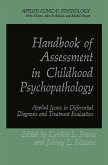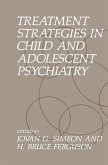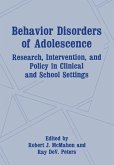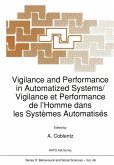Over the last several decades, the remarkable success of science and medical technology has allowed many children with chronic illness and handicapping conditions to live longer and healthier lives. But this suc cess is not without toll. The human cost of chronic illness or a handicap ping condition can be enormous for the child and the family. For the family, there is often the stressful daily burden of care, fatigue, marital stress, low family morale, financial burdens, and reduced career mobili ty. For the child, there are often arduous and painful treatment regimes, frequent school absences, low energy periods, and uncertainties with respect to future education and vocation. The course of many diseases is unpredictable, and the very fact of chronicity implies ongoing coping problems for the family and the child. The impact of a chronic illness or handicapping condition on a family system is usually more disintegrative than integrative, disrupting the lives of all family members and exacerbating the developmental risks to the child. It is not surprising that a recent comprehensive study for establish ing public policies for children with chronic illness at Vanderbilt Univer sity has called attention to these factors and produced, as a primary recommendation, increased attention to the psychological impact of dis ease on the family and the child. In this context there is an important need for adequate assessment of psychological and behavioral problems in these children to plan for appropriate services.
Dieser Download kann aus rechtlichen Gründen nur mit Rechnungsadresse in A, B, BG, CY, CZ, D, DK, EW, E, FIN, F, GR, HR, H, IRL, I, LT, L, LR, M, NL, PL, P, R, S, SLO, SK ausgeliefert werden.









